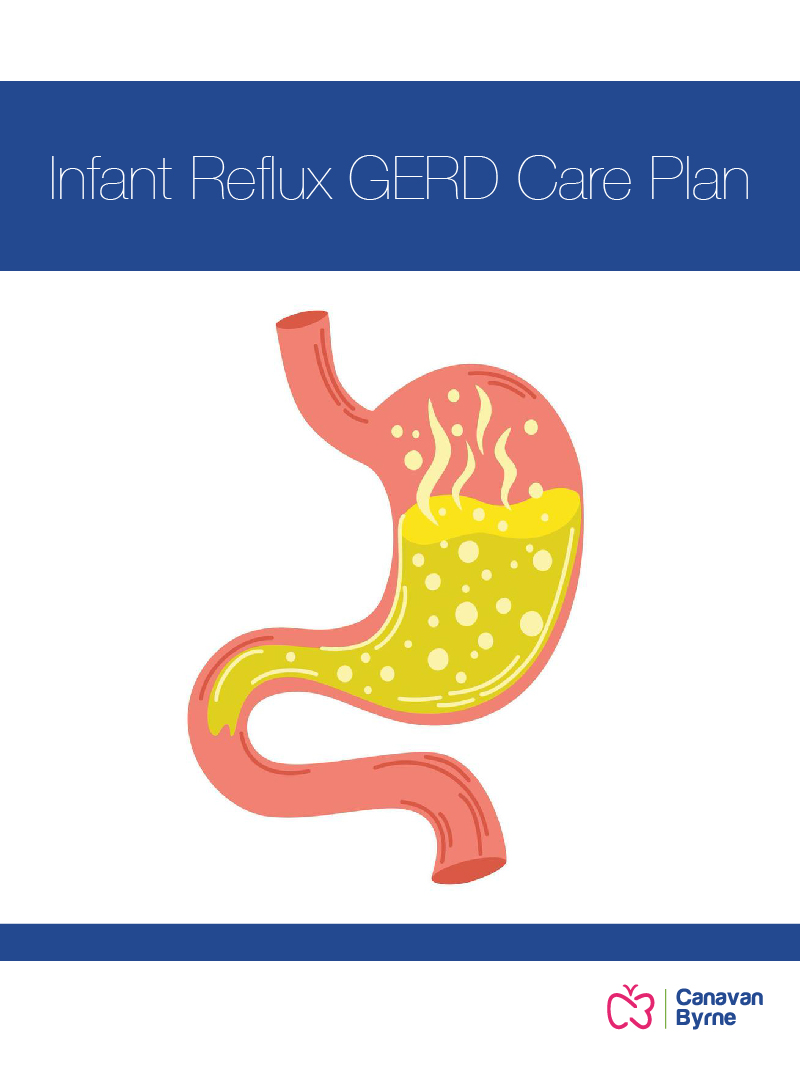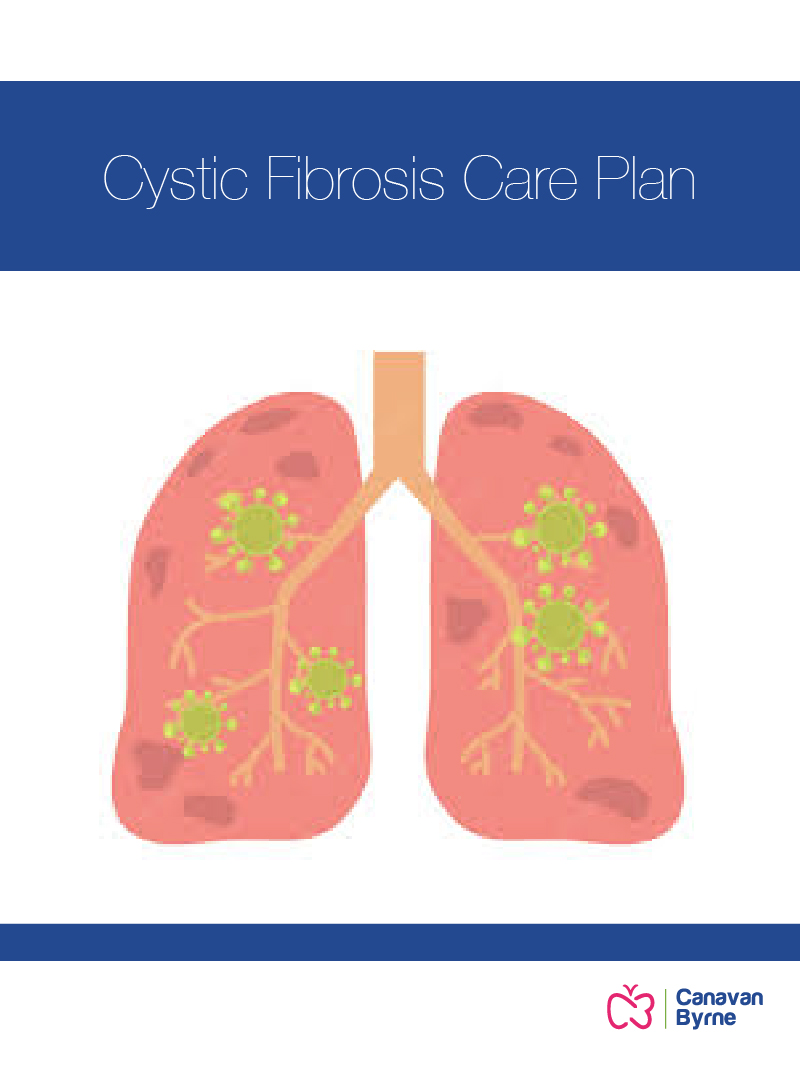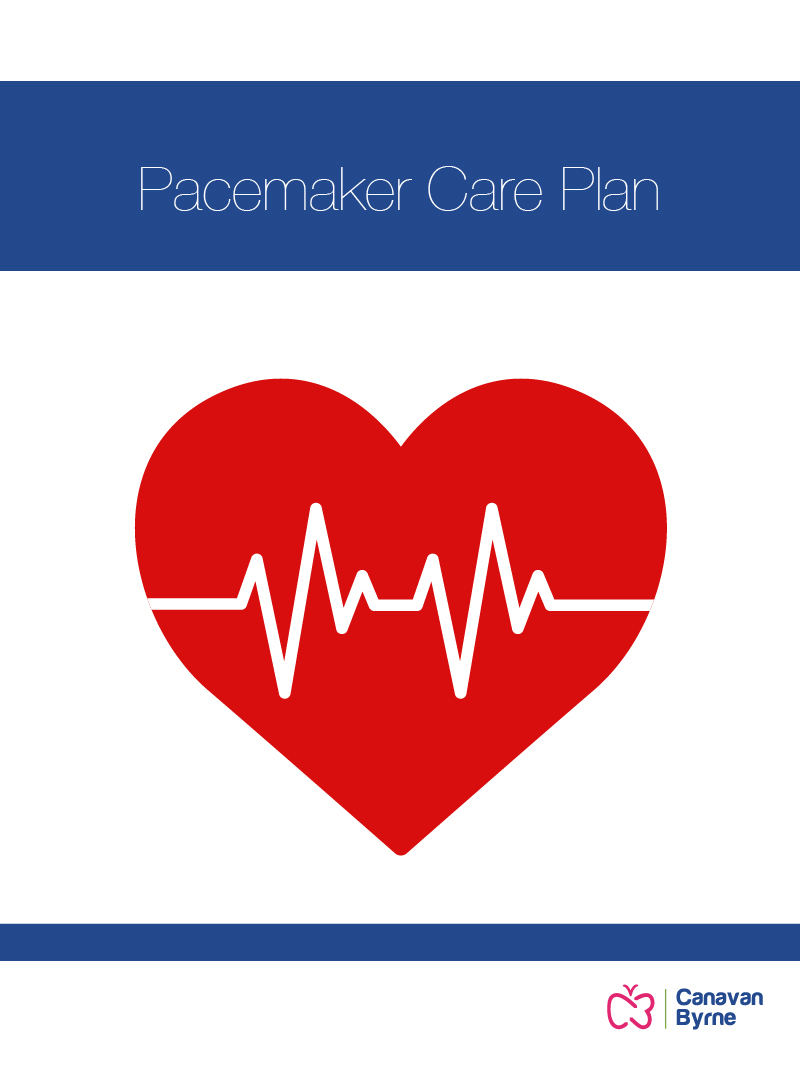Reflux is where some of the contents in a baby's tummy leak back up into and out of their mouths. This is different from vomiting, where your baby's muscles forcefully contract. Often, a baby’s muscles within the oesophagus (the muscle dividing the food pipe from the stomach) take time to strengthen up, meaning that, following a bottle feed, babies may project a portion of the liquid content quite soon after feeding. Reflux is common and can affect up to 40% of babies. It usually occurs because a baby's food pipe (oesophagus) is ‘immature’ or still developing. It generally begins around 8 weeks old and improves as they get older as the ring of muscle at the bottom of their oesophagus fully develops. This stops stomach contents leaking out. Reflux, or GERD (Gastroesophageal Reflux Disease) may cause some distress for the carers of the child. Often it is projectile or unexpected. In rare cases, weight loss can occur as a result of consistent episodes. Reflux can sometimes cause discomfort or short-term distress for a baby. Certain medications can help reduce the effects of Reflux. The presence of reflux is not normally accompanied by any nausea or cramps for a baby. It usually happens without much warning to the child or the carer.
Medical care plans are a useful tool to be sure you are providing the very best possible care for the children in your service as well as documenting your commitment to staff training and care when inspected.
Contents
- Child's Record Sheet
- Useful Information for Staff/Carers
- Log of Staff Inductions on Infant Reflux GERD Care and Feeding
- Allergy Alert Notice and Cover Sheet
- Sample Letter to Parents
- Medical Consent and Administration Form









Reviews
There are no reviews yet.